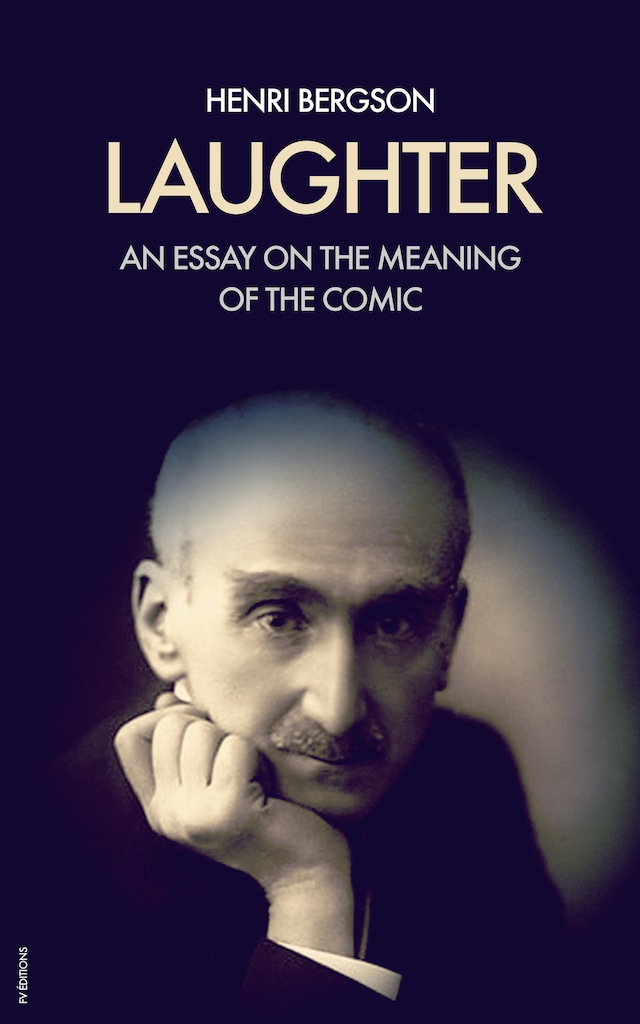
Laughter
An essay on the meaning of the comic
Buchbeschreibung

